|
Literaturnoye Kafe (Saint Petersburg)
Literaturnoye Kafe (), or Literary Cafe, is a historically significant restaurant on Nevsky Prospect in Saint Petersburg, Russia, that was frequented by famous writers of Russian literature, including Alexander Pushkin and Fyodor Dostoyevsky, and their friends in the nineteenth century. History In 1812–14, the mid-18th-century building at 18 Nevsky Avenue in Saint Petersburg, the capital city of Russia at that time, was renovated by K. B. Kotomin as an apartment for merchants (Kotomin House). In this building S. Wolff & T. Beranget opened their confectionery, which was considered the best in St. Petersburg. In 1834, a Chinese café (''Café chinois'') was added. The confectionery soon became a place where writers of Russian literature, such as Alexander Pushkin, Mikhail Lermontov, Taras Shevchenko, and Fyodor Dostoyevsky, gathered.Bogdanov, I. AWolff et Beranget Confectionery ''Saint Petersburg Encyclopedia''. Retrieved 14 November 2017. In 1837, Pushkin, on the way to his ... [...More Info...] [...Related Items...] OR: [Wikipedia] [Google] [Baidu] |
Schild Literaturkaffee Sankt Petersburg
Schild is a German surname meaning "shield". Notable people with the surname include: *Alfred Schild (1921–1977), American physicist * André Schild (1910–1981), Swiss linguist *Bernadette Schild (born 1990), Austrian alpine skier * Charles Schild (1902–1980), American inventor * Christina Schild, Austrian-Canadian actress *Edi Schild (born 1919), Swiss cross-country skier *Erwin Schild (born 1920), German-Canadian Conservative rabbi and author *Irving Schild, American commercial photographer * Jerry Schild, former NASCAR Cup Series driver * Marlies Schild (born 1981), Austrian alpine skier *Martina Schild (born 1981), Swiss alpine skier * Ozer Schild (1930-2006), Danish-born Israeli academic, President of the University of Haifa and President of the College of Judea and Samaria ("Ariel College"). * Rolf Schild (1924–2003), German-born British businessman * Romuald Schild (1936–2021), Polish archaeologist * Rudolph Schild, American astrophysicist * Thekla Schild (1890– ... [...More Info...] [...Related Items...] OR: [Wikipedia] [Google] [Baidu] |
Konstantin Danzas
Konstantin Karlovich Danzas (russian: Константи́н Ка́рлович Данза́с) (1801 – February 3, 1870) was a Russian Major General, a friend of Alexander Pushkin, and his second in a duel with d'Anthès. Danzas was born to a noble Courland family in 1801. He started his education in Moscow, but at the request of influential family friend, Countess Sofia Stroganova, he was accepted to Tsarskoye Selo Lyceum. Students gave him nickname "Bear". While in the school, Danzas befriended Pushkin. Upon graduation in 1817, Danzas started his military career. Throughout the service Danzas was frequently commended for his outstanding bravery. Among his awards were a golden sword for valor (1828) and a brilliant ring - a very rare decoration for an army officer. Danzas took part in many military campaigns, and in 1828 he was wounded in the left shoulder. He didn't fully recover from this wound, and for the long time was using a sling to support his left hand. On Januar ... [...More Info...] [...Related Items...] OR: [Wikipedia] [Google] [Baidu] |
History Of Saint Petersburg
The city of Saint Petersburg was founded by Tsar Peter the Great on 27 May 1703. It became the capital of the Russian Empire for more than two hundred years (1712–1728, 1732–1918). Saint Petersburg ceased being the capital in 1918 after the Russian Revolution of 1917. The new capital On 1 May 1703, Peter the Great took both the Swedish fortress of Nyenschantz and the city of Nyen, on the Neva river. Tsar Peter the Great founded the city on 27 May 1703 (in the Gregorian calendar, 16 May in the Julian calendar) after he reconquered the Ingrian land from Sweden, in the Great Northern War. He named the city after his patron saint, the apostle Saint Peter. The original spelling in three words () uses la, Sankt, as in Sankt Goar and some other European cities (it is a common misconception about the " Dutch cultural origin"; for local versions, there are or in modern Dutch. Besides Netherlands, Peter the Great also spent three months in Great Britain so it is preferable to sp ... [...More Info...] [...Related Items...] OR: [Wikipedia] [Google] [Baidu] |
Buildings And Structures In Saint Petersburg
A building, or edifice, is an enclosed structure with a roof and walls standing more or less permanently in one place, such as a house or factory (although there's also portable buildings). Buildings come in a variety of sizes, shapes, and functions, and have been adapted throughout history for a wide number of factors, from building materials available, to weather conditions, land prices, ground conditions, specific uses, prestige, and aesthetic reasons. To better understand the term ''building'' compare the list of nonbuilding structures. Buildings serve several societal needs – primarily as shelter from weather, security, living space, privacy, to store belongings, and to comfortably live and work. A building as a shelter represents a physical division of the human habitat (a place of comfort and safety) and the ''outside'' (a place that at times may be harsh and harmful). Ever since the first cave paintings, buildings have also become objects or canvasses of much artis ... [...More Info...] [...Related Items...] OR: [Wikipedia] [Google] [Baidu] |
Salon (gathering)
A salon is a gathering of people held by an inspiring host. During the gathering they amuse one another and increase their knowledge through conversation. These gatherings often consciously followed Horace's definition of the aims of poetry, "either to please or to educate" (Latin: ''aut delectare aut prodesse''). Salons in the tradition of the French literary and philosophical movements of the 17th and 18th centuries were carried on until as recently as the 1920s in urban settings. Historical background The salon was an Italian invention of the 16th century, which flourished in France throughout the 17th and 18th centuries. The salon continued to flourish in Italy throughout the 19th century. In 16th-century Italy, some brilliant circles formed in the smaller courts which resembled salons, often galvanized by the presence of a beautiful and educated patroness such as Berta Zuckerkandl, Isabella d'Este or Elisabetta Gonzaga. Salons were an important place for the exchange of i ... [...More Info...] [...Related Items...] OR: [Wikipedia] [Google] [Baidu] |
Café Procope
The Café Procope in the Rue de l'Ancienne Comédie is a café in the 6th arrondissement of Paris. It was opened in 1686 by the Sicilian chef Procopio Cutò (also known by his Italian name Francesco Procopio dei Coltelli and his French name François Procope); it became a hub of the Parisian artistic and literary community in 18th and 19th centuries. It sometimes is called the oldest café of Paris in continuous operation; however, the original café closed in 1872 and did not reopen as a café until the 1920s, so the claim of "oldest café in continuous operation" is not entirely true. Marie Antoinette and Napoleon are known to have frequented the restaurant. Background Cutò first apprenticed under the leadership of an Armenian immigrant named Pascal who had a kiosk (', en, lemonade stand) on rue de Tournon selling refreshments, including lemonade and coffee.Fitch, p. 43 Pascal's attempt at such a business in Paris was not successful and he went to London in 1675, leaving ... [...More Info...] [...Related Items...] OR: [Wikipedia] [Google] [Baidu] |
Russian Classical Music
Russian classical music is a genre of classical music related to Russia's culture, people, or character. The 19th-century romantic period saw the largest development of this genre, with the emergence in particular of The Five, a group of composers associated with Mily Balakirev, and of the more German style of Pyotr Tchaikovsky. Early history In the period of Muscovy (12831547), a distinct line was formed between the sacred music of the Orthodox Church and that of secular music used for entertainment. The former draws its tradition from the Byzantine Empire, with key elements being used in Russian Orthodox bell ringing, as well as choral singing. Neumes were developed for musical notation, and as a result several examples of medieval sacred music have survived to this day, among them two stichera composed by Tsar Ivan IV in the 16th century. One of Russia's earliest music theorists was the Ukrainian Nikolay Diletsky (c. 1630, Kiev – after 1680, Moscow). Although several of ... [...More Info...] [...Related Items...] OR: [Wikipedia] [Google] [Baidu] |
Samovar
A samovar (russian: самовар, , literally "self-brewer") is a metal container traditionally used to heat and boil water. Although originating in Russia, the samovar is well known outside of Russia and has spread through Russian culture to other parts of Eastern Europe, as well as Western and Central and South Asia. Since the heated water is typically used to make tea, many samovars have a ring-shaped attachment (russian: конфорка, ) around the chimney to hold and heat a teapot filled with tea concentrate. Though traditionally heated with coal or kindling, many newer samovars use electricity to heat water in a manner similar to an electric water boiler. Antique samovars are often prized for their beautiful workmanship. Description Samovars are typically crafted out of plain iron, copper, polished brass, bronze, silver, gold, tin, or nickel. A typical samovar consists of a body, base and chimney, cover and steam vent, handles, tap and key, crown and ring, chimney ... [...More Info...] [...Related Items...] OR: [Wikipedia] [Google] [Baidu] |
Black Tea
Black tea, also translated to red tea in various East Asian languages, is a type of tea that is more oxidized than oolong, yellow, white and green teas. Black tea is generally stronger in flavour than other teas. All five types are made from leaves of the shrub (or small tree) '' Camellia sinensis,'' though ''Camellia taliensis'' is also used rarely. Two principal varieties of the species are used – the small-leaved Chinese variety plant (''C. sinensis'' var. ''sinensis''), used for most other types of teas, and the large-leaved Assamese plant (''C. sinensis'' var. ''assamica''), which was traditionally mainly used for black tea, although in recent years some green and white teas have been produced. First originating in China, the beverage's name there is ''hong cha'' (, "red tea") due to the color of the oxidized leaves when processed appropriately. Today, the drink is widespread throughout East and Southeast Asia, both in consumption and harvesting, including in China, J ... [...More Info...] [...Related Items...] OR: [Wikipedia] [Google] [Baidu] |
Feodor Chaliapin
Feodor Ivanovich Chaliapin ( rus, Фёдор Ива́нович Шаля́пин, Fyodor Ivanovich Shalyapin, ˈfʲɵdər ɪˈvanəvʲɪtɕ ʂɐˈlʲapʲɪn}; April 12, 1938) was a Russian opera singer. Possessing a deep and expressive bass voice, he enjoyed an important international career at major opera houses and is often credited with establishing the tradition of naturalistic acting in his chosen art form. During the first phase of his career, Chaliapin endured direct competition from three other great basses: the powerful (1869–1942), the more lyrical (1871–1948), and Dmitri Buchtoyarov (1866–1918), whose voice was intermediate between those of Sibiriakov and Kastorsky. The fact that Chaliapin is far and away the best remembered of this magnificent quartet of rival basses is a testament to the power of his personality, the acuteness of his musical interpretations, and the vividness of his performances. Spelling note He himself spelled his surname, French-style ... [...More Info...] [...Related Items...] OR: [Wikipedia] [Google] [Baidu] |
Pyotr Ilyich Tchaikovsky
Pyotr Ilyich Tchaikovsky , group=n ( ; 7 May 1840 – 6 November 1893) was a Russian composer of the Romantic period. He was the first Russian composer whose music would make a lasting impression internationally. He wrote some of the most popular concert and theatrical music in the current classical repertoire, including the ballets '' Swan Lake'' and ''The Nutcracker'', the ''1812 Overture'', his First Piano Concerto, Violin Concerto, the ''Romeo and Juliet'' Overture-Fantasy, several symphonies, and the opera ''Eugene Onegin''. Although musically precocious, Tchaikovsky was educated for a career as a civil servant as there was little opportunity for a musical career in Russia at the time and no system of public music education. When an opportunity for such an education arose, he entered the nascent Saint Petersburg Conservatory, from which he graduated in 1865. The formal Western-oriented teaching that he received there set him apart from composers of the contemporary nati ... [...More Info...] [...Related Items...] OR: [Wikipedia] [Google] [Baidu] |
Utopian Socialism
Utopian socialism is the term often used to describe the first current of modern socialism and socialist thought as exemplified by the work of Henri de Saint-Simon, Charles Fourier, Étienne Cabet, and Robert Owen. Utopian socialism is often described as the presentation of visions and outlines for imaginary or futuristic ideal societies, with positive ideals being the main reason for moving society in such a direction. Later socialists and critics of utopian socialism viewed utopian socialism as not being grounded in actual material conditions of existing society. These visions of ideal societies competed with revolutionary and social democratic movements. As a term or label, ''utopian socialism'' is most often applied to, or used to define, those socialists who lived in the first quarter of the 19th century who were ascribed the label utopian by later socialists as a pejorative in order to imply naïveté and to dismiss their ideas as fanciful and unrealistic.''Newman, Michae ... [...More Info...] [...Related Items...] OR: [Wikipedia] [Google] [Baidu] |
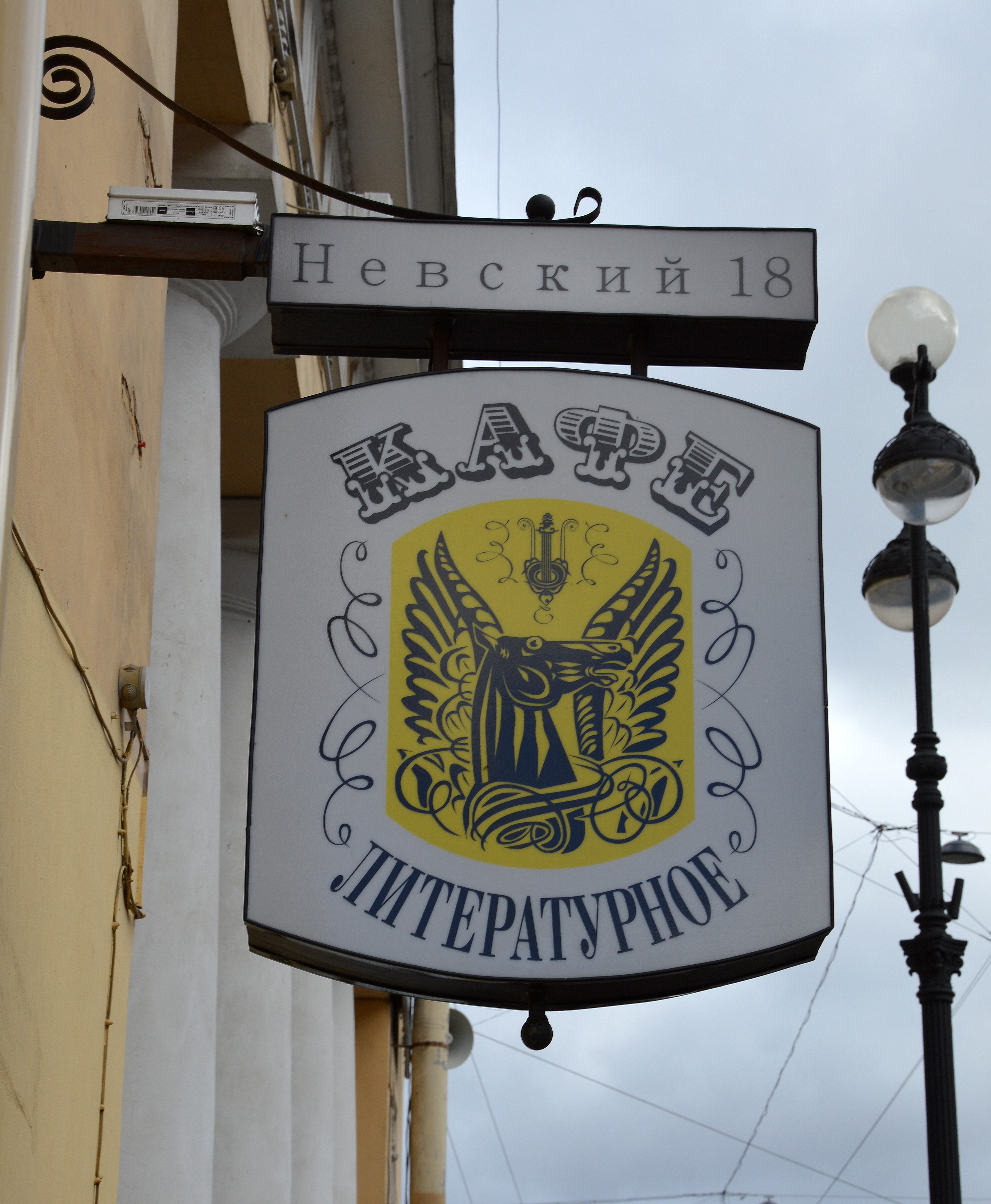
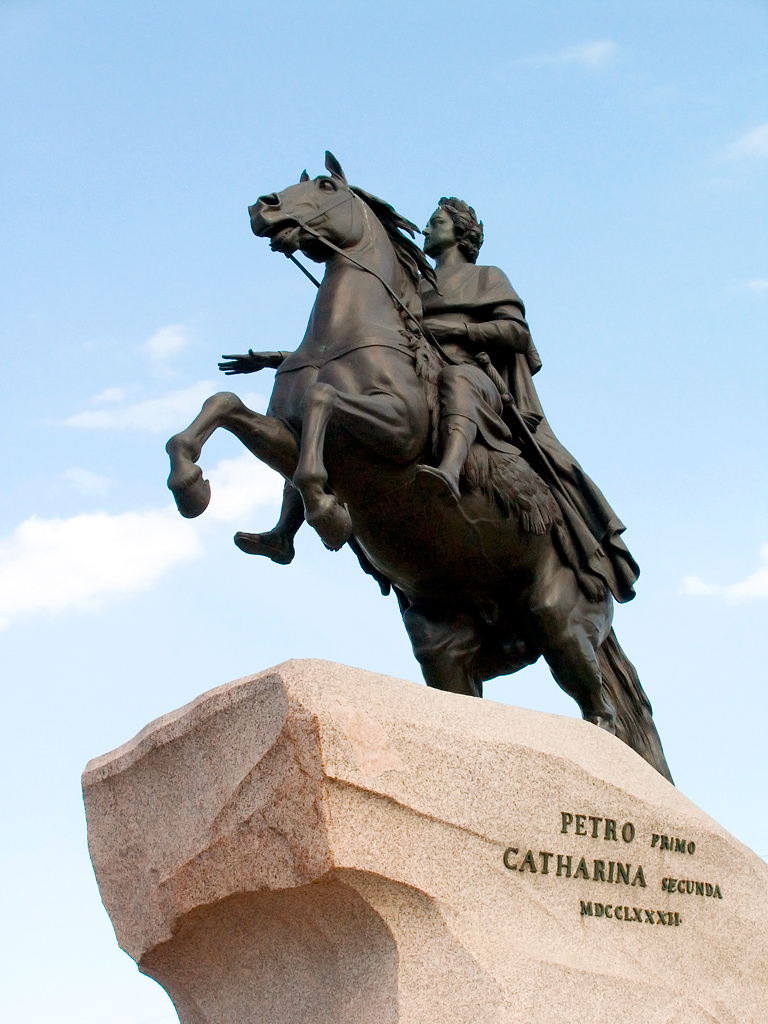


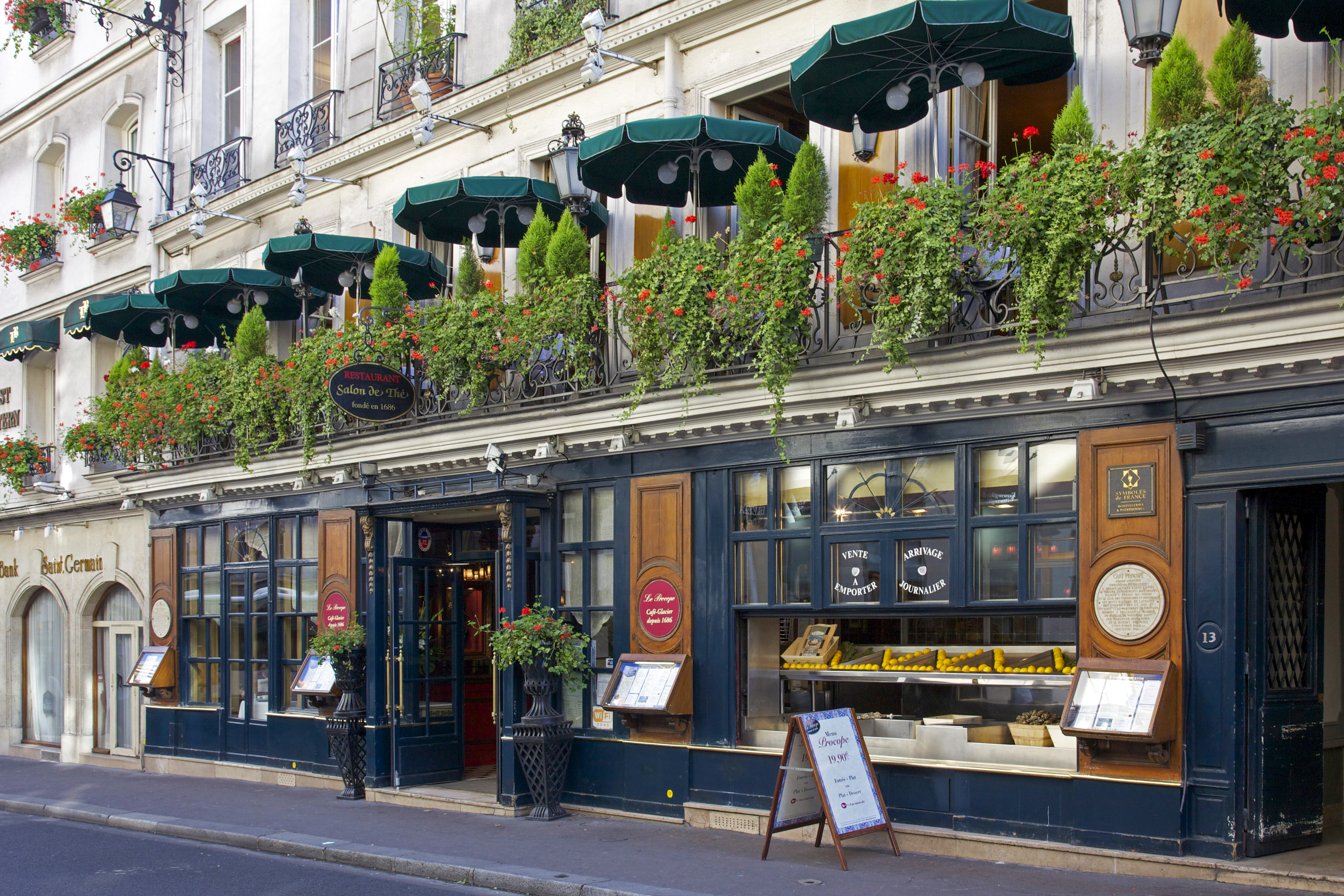

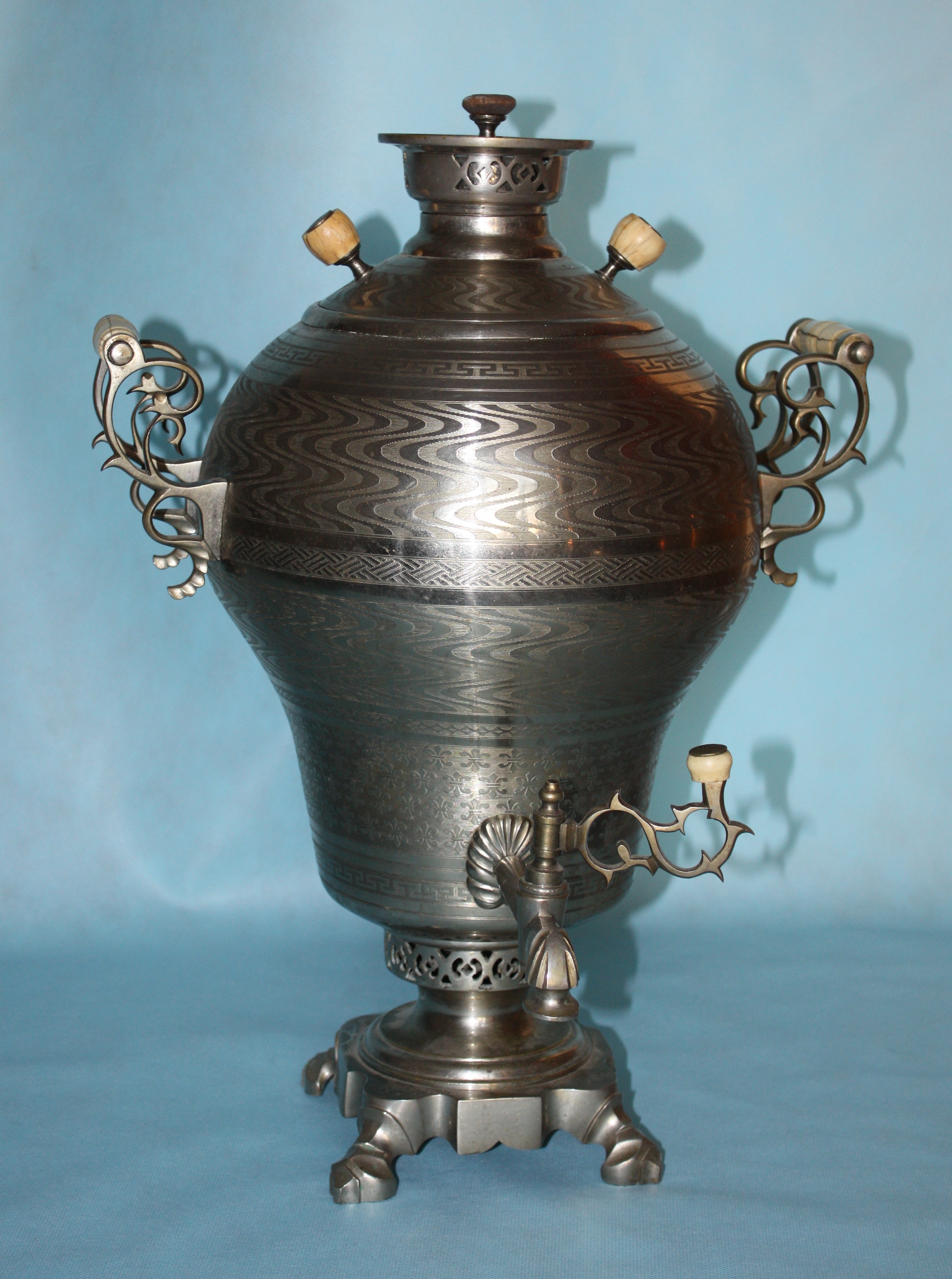

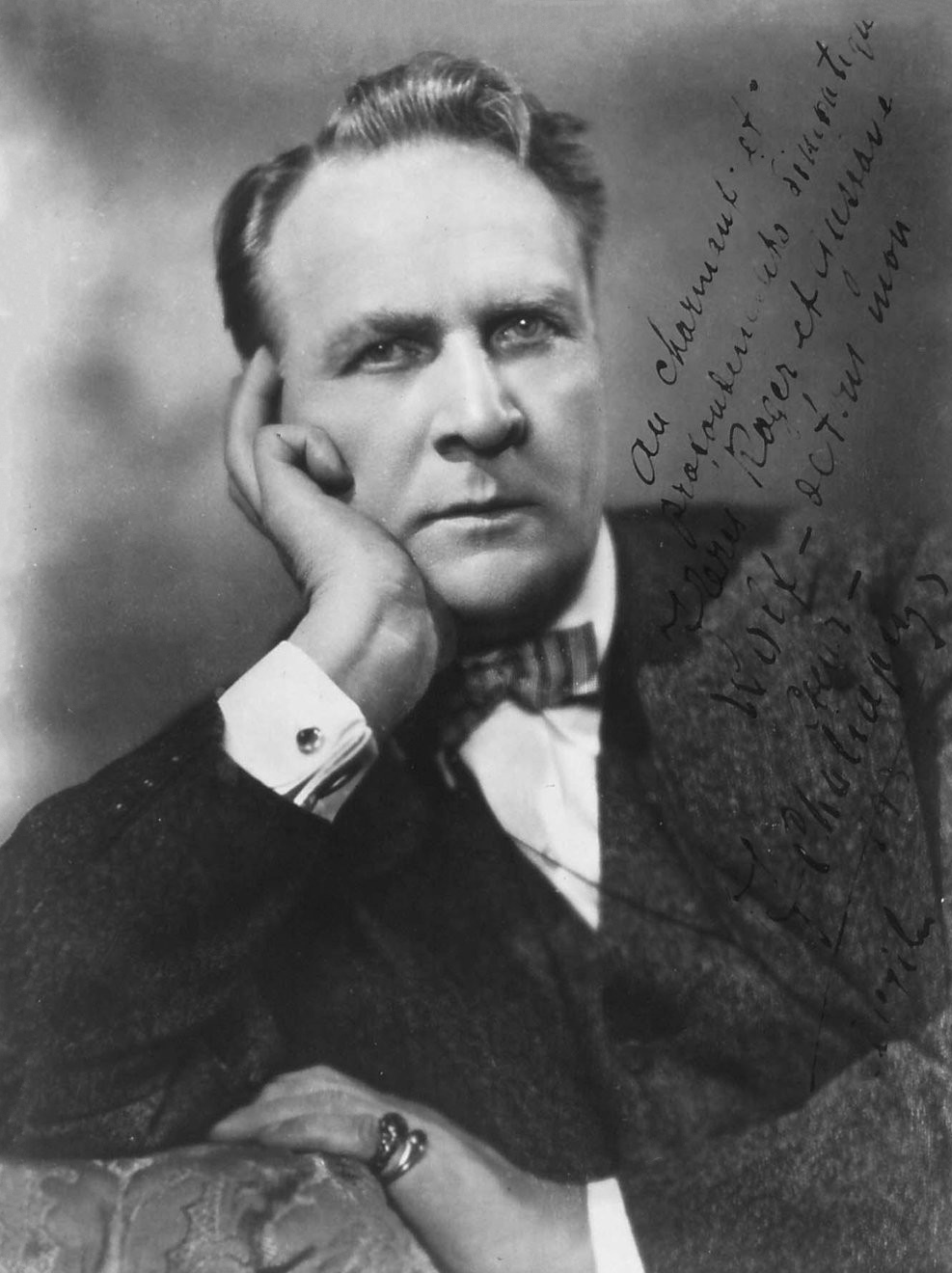
.jpg)
